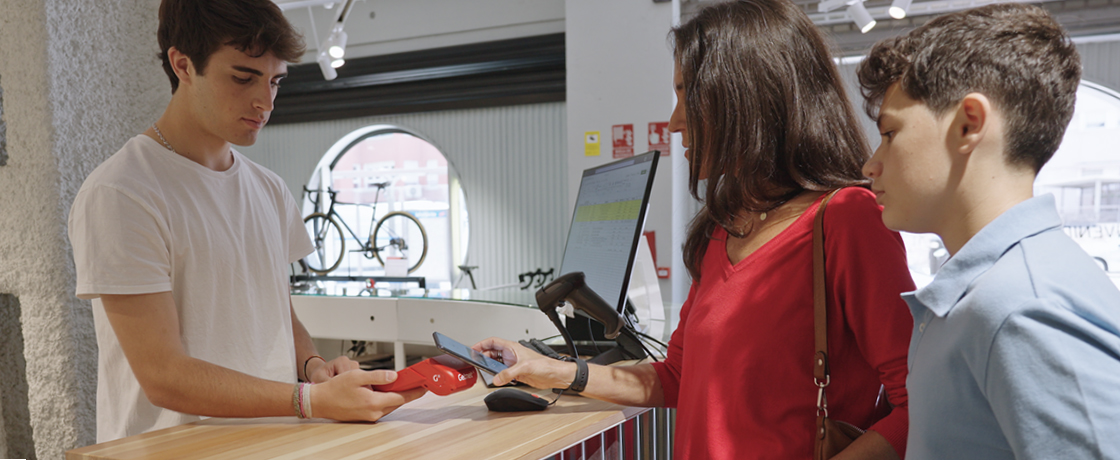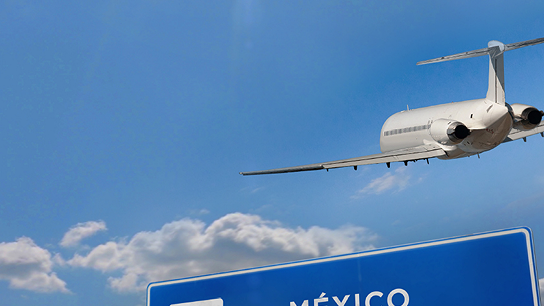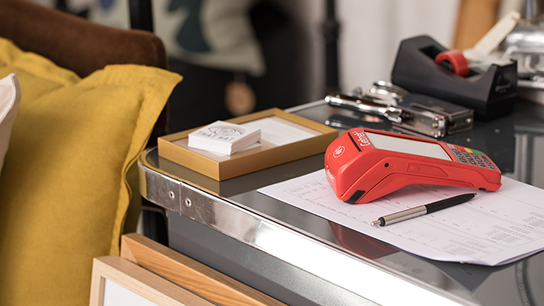Cash: shrinking but still significant
Cash use in Portugal may be declining but it remains central to daily life.
Between 2022 and 2024, the share of POS transactions made in cash fell by 10%. Even so, cash accounted for 54% of in-person payments and 34% of person-to-person exchanges in 2024.
Consumers continue to value cash, with 57% saying it’s important to have the option when paying. Many are even willing to make an extra effort to access cash, with 34% of respondents making a journey purely to go to an ATM. Privacy concerns reinforce this preference: 37% of consumers wish digital transactions were more private, while 32% worry about how their data is used.
Merchants recognise cash matters. In 2024 cash acceptance was almost universal at 98%, up from 96% in 2022. Although cash is shrinking it’s far from obsolete, continuing to play a role in financial inclusion and consumer trust.
The backbone of digital payments
Established in the 1980s, Multibanco remains the backbone of Portugal’s payment system, supporting over 13,000 ATMs nationwide. Its services go beyond withdrawals, with consumers able to make balance inquiries, fund transfers, mobile top-ups, and bill payments.
Multibanco is a familiar way for Portuguese customers to pay for online purchases, even without an e-wallet or bank transfer app. At checkout, shoppers generate a voucher valid for several days, then complete the payment at an ATM or via online banking. This hybrid payment method has struck a chord, resulting in the rise of Multibanco as a popular online option.
Its popularity is only continuing to grow. Multibanco accounts for over 20% of online transactions, commonly used in tandem with MB WAY or as a direct SEPA-based transfer. It also has 23 million cards in circulation – more than double Portugal’s population of 10 million.
For many, it’s more than just a payment method – it is a cultural anchor and an integral part of everyday financial life in Portugal.
MB WAY leads the charge for digital wallets
Mobile wallets are growing in popularity in Portugal, transforming how consumers shop online, split bills and manage subscriptions, now accounting for 34% of transactions.
Riding on Multibanco's trusted rails, MB WAY is Portugal's leading mobile wallet – with over 5 million active users, 9 million monthly purchases and handling an estimated 45% of Portugal’s online transactions. Its scale is unmatched – supported by 28 banks that together cover 95% of the country’s banking market and is accepted by more online stores than competitors.
Convenience and speed are the main appeal of MB WAY. It lets users link credit or debit cards to easily pay bills, enjoy one-click checkouts, request fast refunds and create secure virtual cards – all while operating on Portugal's most trusted interbank network.
International wallets also play a role, albeit a more minor one.
PayPal is the second most popular e-wallet, with 26% of the online payments market, giving global shoppers a familiar way to pay. Apple Pay (market share of 3%) and Google Pay (market share of 5%) remain nascent, but adoption is growing.
For merchants, MB WAY is indispensable for local reach, while offering PayPal, Apple Pay, and Google Pay helps capture international demand and broaden market appeal.
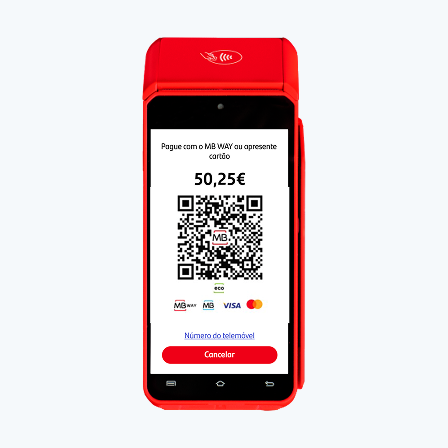
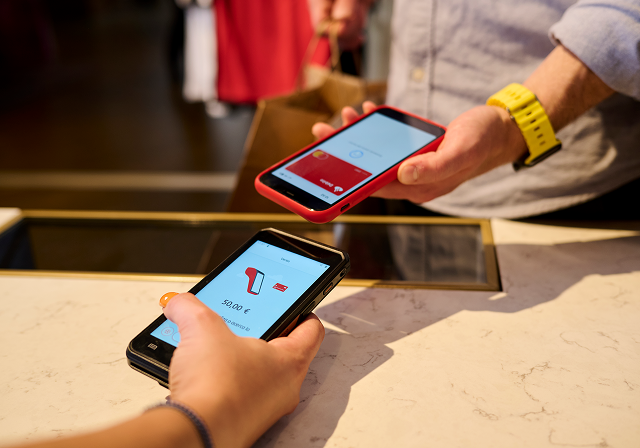
Cards for big-ticket items
While wallets and bank-based methods dominate everyday shopping, cards remain essential for large transactions and international commerce. Only around 26% of online shoppers use cards, but their share of total value is higher because they’re preferred for bigger-ticket items.
Ownership and usage are climbing. Card ownership increased from 79% in 2022 to 90% in 2024. By the end of 2024, there were 30 million active payment cards issued by Portuguese payment service providers (PSPs), up 10% from the previous year. Online spending also rose by 37% by volume and 38% by value, with more than half of this activity involving Portuguese cards used abroad – highlighting their importance for cross-border commerce.
For merchants, this makes cards indispensable. They may not be the most popular option, but they are crucial for reaching international customers and securing high-value transactions.
What this means for merchants
In Portugal there is not one method that dominates. Consumers select different solutions for different reasons – MB WAY for speed and mobile convenience, Multibanco for familiar and trusted flows, cash for privacy and inclusion, and cards for high-value or cross-border purchases.
Merchants that understand and mirror this behaviour will maximise conversion and trust.
How Getnet can help
Getnet can make offering a variety of methods simple, so merchants can meet every customer’s expectation.
Getnet enables merchants to accept all of Portugal’s local methods, such as MB WAY and Multibanco, international payments, through major card networks like Visa and Mastercard, and global wallets, including Apple Pay and Google Pay. Further, Getnet provides a complete suite of solutions, from in-store acceptance via POS terminals to seamless eCommerce checkout solutions and advanced fraud prevention systems.
By bridging local and global solutions, Getnet empowers merchants to capture more sales, reduce checkout friction, and provide the seamless payment experiences Portuguese consumers expect, using the methods they trust most.





